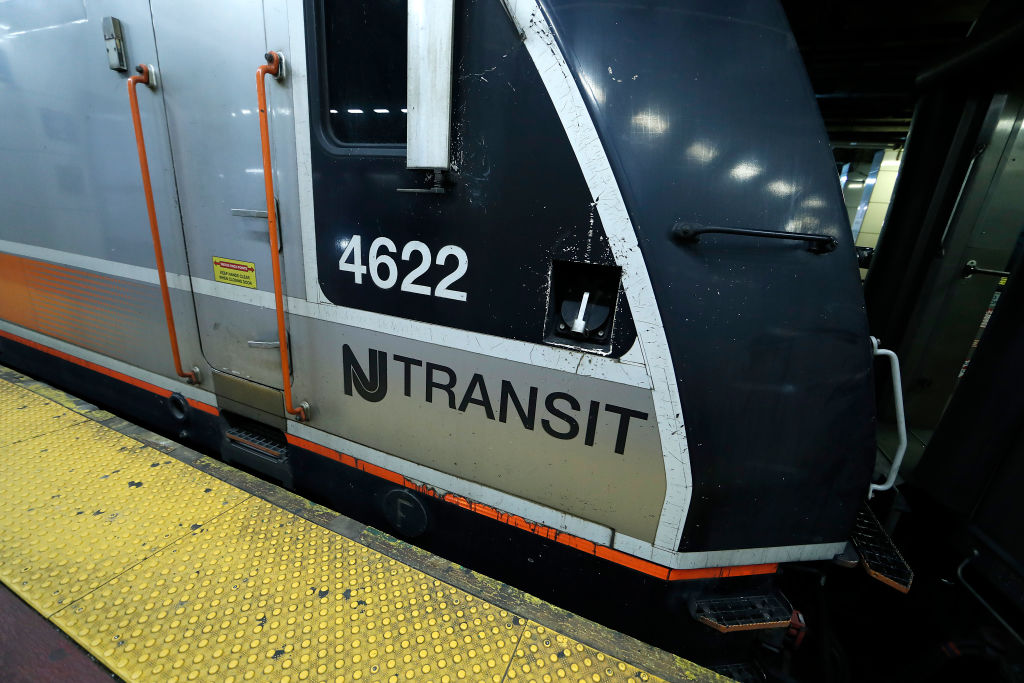Organizations rely heavily on data to inform business decisions, optimize operations, and enhance customer experiences. However, a pervasive challenge that many companies face is the existence of data silos. Data silos arise when information is kept in isolated systems that don’t interact with one another. In government agencies, this can lead to several problems:
- Reduced Efficiency and Delayed Services: When departments don’t share data, staff must often request and transfer information manually, creating bottlenecks in services like permitting, inspections, and compliance. These delays can frustrate citizens and slow down essential government functions.
- Incomplete Decision-Making: When different departments are working with disconnected systems, leaders may not have access to the full scope of available data. Decisions are made based on partial information, leading to less effective outcomes and an inability to respond quickly to emerging issues.
- Higher Costs and Redundancies: When data silos exist, departments often duplicate efforts—tracking the same information separately and maintaining parallel systems. This not only …






![The Impact of Data Silos on Government Efficiency [Video]](https://marketingprohub.com/wp-content/uploads/2024/09/mp_671976_0_ChartImagewebp.jpg)





![Clicks Keyboard for iPhone 16 Pro Rebuilt on customer feedback [Video]](https://marketingprohub.com/wp-content/uploads/2024/10/mp_709886_0_IMG3366e1728936089738jpeg.jpg)
![Texas AG start looking into WFA for media platform boycotts [Video]](https://marketingprohub.com/wp-content/uploads/2024/11/mp_764390_0_AP3525572909943409508447504637b9d301fcbcab80f6jpg-scaled.jpg)
